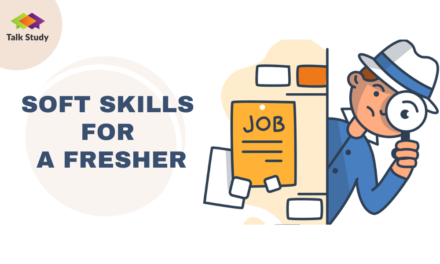The question of whether online learning is really better than face-to-face learning is a longstanding debate.
Technology is becoming so advanced – and a pandemic underway shuttering campuses everywhere. Online learning is standing out as the better option in many important ways.
Online learning used to primarily consist of a student going through reading modules, submitting assignments through e-mail, and/or watching pre-recorded lectures.
Interactive features today allow for the social element that face-to-face learning offers, such as through live video conference classes or virtual Q&A sessions.
Here are some other reasons why online learning is better than face-to-face learning
Lets you learn at your own pace
Online degree programmes and MOOCs are more flexible in nature, typically aimed at those who work either part or full-time.
You can watch video lecturers on-the-go, such as while commuting, especially if they are mobile-friendly.
Instead of in-class assignments which can be stressful for some as they need more time to process new material, online courses allow you to complete assignments at your own pace.

Improves self-discipline skills
Online learning is usually popular with adults in their late twenties and older because their self-discipline skills are more developed.
Younger adults fresh off high school are usually more used to having set times and academic schedules in traditional face-to-face learning environments as they can be more easily distracted when left to their own devices.
Therefore, online learning improves self-discipline and self-motivation skills as the quicker you learn and develop these, the better it will be when you enter the workplace.
In the real world, you will normally manage your time efficiently and be self-motivated to complete tasks and projects.
Online learning saves time and money
Not only are online courses cheaper but you also don’t need to spend precious time commuting back and forth to classes or fly several thousand miles away to a foreign land.
Several courses have a flexible schedule, meaning you can finish a particular module within a set period of time.
If you’re a quick learner or are working towards a goal, you can complete your course within your own timeframe, comparing to face-to-face learning environments where everyone is on the same schedule.

It’s better for some personality types
Every individual is a different type of learner and personality plays a role too. The social element in face-to-face learning environments can be difficult for some, impairing their ability to focus in class.
For more introverted personalities, online learning is less stimulating, quieter and there is less pressure for participation. Introverts are also typically better at expressing themselves in writing than verbally.
Kelly Dyer, a self-classified introvert who graduated with his Master’s in Security Studies from Kansas State University in 2015, told US News, “During my first online class, I found out that I could take the time to construct my thoughts, craft an argument and then present it – post it – to the rest of the class for that week. That was really beneficial for me.”
By Study International Staff
Source https://www.studyinternational.com/news/online-learning-better-face-learning/
Like this? Then you’ll love…https://talkstudy.co/global-careers/productivity-tips-that-help-you-avoid-the-distraction-blackhole/






Recent Comments